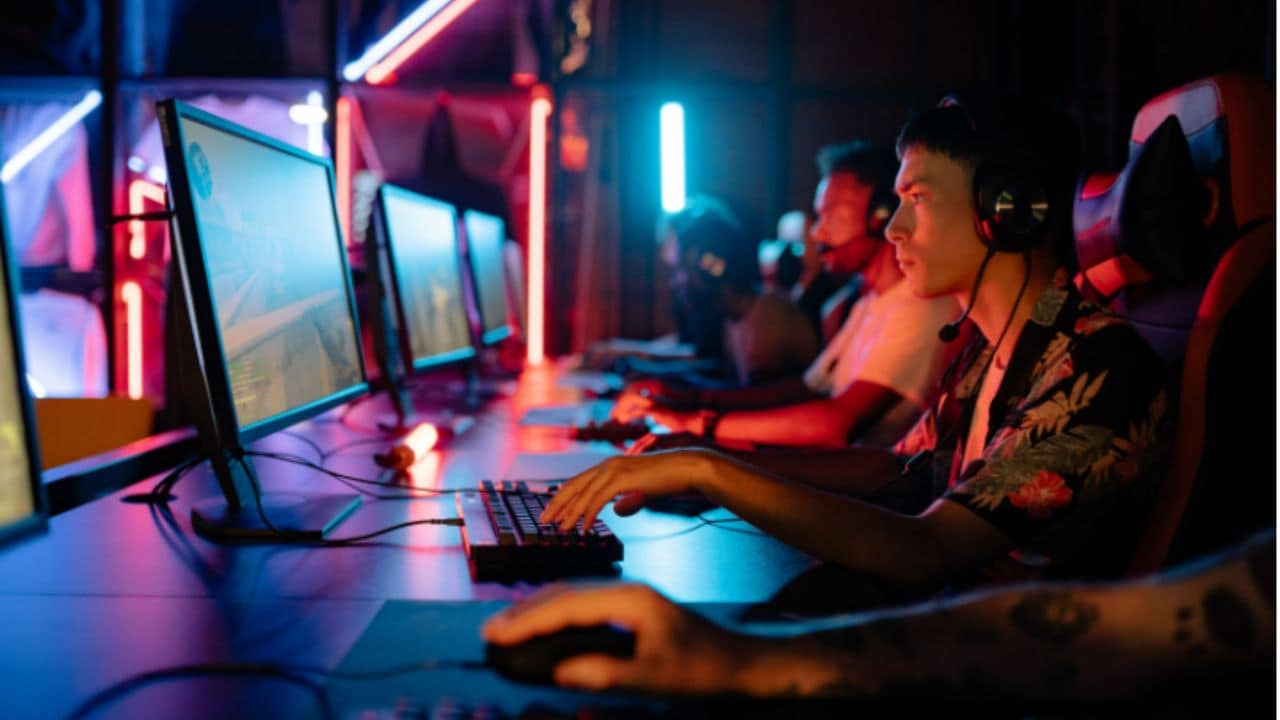In India’s fast-evolving digital ecosystem, a quiet revolution is underway—and it’s not happening in traditional ad boardrooms. It’s unfolding on live streams, Discord servers, and inside the war rooms of India’s top esports organizations, which are no longer just about gaming.
With competitive esports revenue streams proving unstable and unsustainable, many of these organizations are ditching their old playbooks and reinventing themselves as full-blown marketing agencies. And in doing so, they’re not just surviving—they’re cannibalizing the turf of legacy media agencies.
Gone are the days when esports orgs relied solely on tournaments and prize pools. Today, they’re sealing brand deals, managing influencers, building content studios, and offering 360-degree marketing solutions—often poaching business that once went to traditional ad firms.
Take Orangutan, for instance. With the Indian esports market growing from $40 million in 2023 to an estimated $200 million in 2024, the potential seems massive. But Co-founder Jai Shah is playing a long game—one that requires more than just hopeful projections.
“Sustaining ourselves purely through esports is a five-to-ten-year challenge,” says Shah. “So we leaned into what we do best—marketing and content. That’s how Apelabs was born: a one-stop marketing agency designed to do what traditional agencies can’t—connect directly with Gen Z audiences through gaming.”
This pivot is more than survival—it’s disruption. Brands that once routed their digital spend through legacy media shops are now going straight to these rebranded esports orgs-turned-agencies. Why? Because they come with built-in creators, plugged-in communities, and unmatched cultural currency in the gaming world.
Shah’s ambitions don’t stop at digital. Orangutan is also going brick-and-mortar with Ape City, a premium gaming café in Navi Mumbai—a move that further distances them from the volatile world of game titles with limited ROI. “We’ve dropped certain games entirely to focus on verticals that bring in real cash,” he says bluntly.
While some still hold onto the romanticism of esports as the “next big thing,” reality bites. “Valorant has been a 100% loss-making title since day one in India,” Shah admits. “Most orgs are burning through ₹5–10 lakhs monthly with barely 1,000 live viewers. It’s just not viable.”
Rushindra Sinha, Co-founder and CEO of Global Esports, believes this evolution was inevitable. “What you’re really seeing is the rise of next-gen agencies,” he says. “Traditional firms might try to bolt on a gaming vertical, but esports orgs have domain expertise and cultural insight that can’t be faked.”
According to Sinha, influencer management is the next logical frontier. Esports orgs already command talent with massive followings, and the inbound interest from brands is endless. “It’s low-hanging fruit,” he says. “And unlike old-school agencies, we have the infrastructure and the fandom to scale that business.”
Of course, traditional agencies aren’t going extinct just yet. Akhil Kavuturu, Co-founder of Marcos Gaming, sees the shift as a rebalancing act. “When orgs internalize marketing, they control the narrative and the deals,” he explains. “But agencies still matter for big-ticket campaigns. They have the experience and industry reach that’s hard to replicate.”
Still, the orgs are clearly encroaching fast. “If you’re limiting yourself to tournaments and prize pools, you’re limiting your growth,” Kavuturu says. “Marketing, influencer ops, content creation—that’s where the real money is.”
Kuldeep Kumar, CEO of VE Games, adds that without the support of game publishers, even this hybrid model has limits. “Publishers need to stabilize the esports ecosystem,” he notes. “If a title fails, the entire vertical collapses. But if done right, esports becomes a powerful marketing engine in itself.”
That’s where streaming platforms like Rooter step in. Founder and CEO Piyush Kumar sees platforms as the most reliable lifeline so far. “Between 2022 and 2023, we invested heavily in supporting teams and creators,” he says. “But the future lies in balanced models—where everyone wins.”
So where does this leave the traditional agency world? At a crossroads. As esports organizations continue to mature into hybrid creators-marketers-broadcasters, the line between “agency” and “org” blurs. The new power players aren’t wearing suits. They’re wearing hoodies, running livestreams, and rewriting the rules of influence marketing from their gaming chairs.
